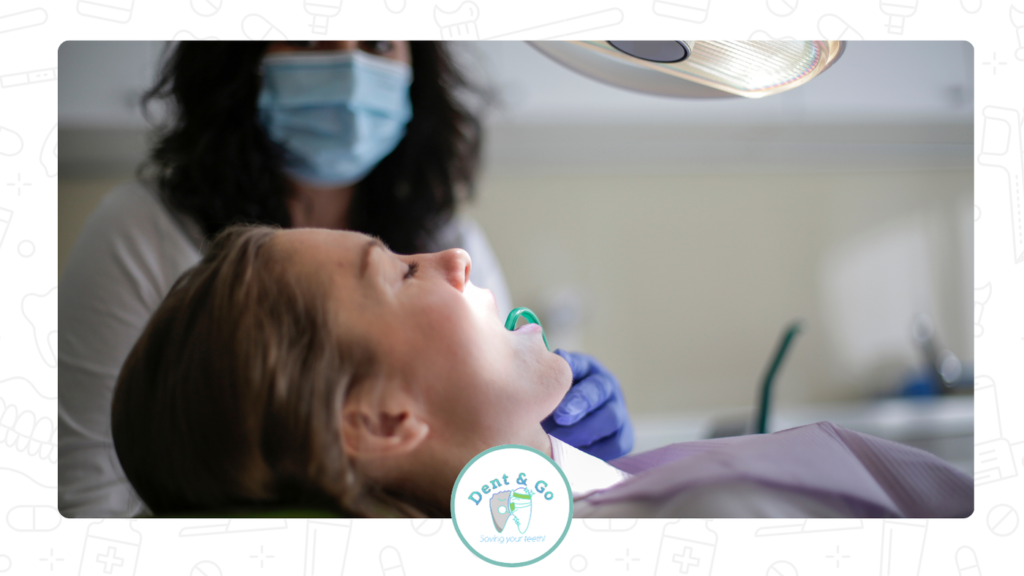When we think about staying healthy, we often focus on things like eating well, exercising, and getting enough sleep. But have you ever thought about your salivary glands? These tiny but mighty glands in your mouth play a huge role in keeping your oral health—and even your overall well-being—in check. It’s easy to take them for granted, but they’re doing important work behind the scenes every day.
So, why should you care about your salivary glands? Because saliva is much more than just spit! According to the National Library of Medicine, saliva plays a significant role in the protection of the intraoral structures against injuries caused by various pathogenic microbes, mechanical, or chemical irritants. In other words, it helps keep your mouth safe from all sorts of nasties that could cause harm.
Why Saliva Matters
Saliva is like a multi-tasking superhero that your mouth relies on. It’s not just there to keep things moist; it has several important jobs that help keep you healthy and comfortable.
- Defensive/Buffering Capacity: Imagine your mouth as a battlefield where bacteria are constantly trying to cause trouble. Saliva helps neutralise acids and bad bacteria, making sure your teeth and gums stay safe and sound.
- Remineralisation of Teeth: Your teeth go through a lot—chewing, grinding, and exposure to all sorts of foods and drinks. Saliva is packed with minerals like calcium and phosphate, which help repair and strengthen your teeth, keeping cavities and erosion at bay.
- Restoration of Soft Tissues: Ever bite your cheek or burn your tongue? Saliva comes to the rescue by helping those little injuries heal faster. It’s like having a built-in first aid kit in your mouth.
- Lubrication Capacity: Saliva makes sure everything runs smoothly, whether you’re talking, eating, or swallowing. Without it, even simple tasks like chewing would be a challenge.
- Digestion: The digestion process actually starts in your mouth, thanks to saliva. It begins breaking down food, making it easier for your stomach to do its job later on.
- Antimicrobial Capacity: Saliva is also a natural defender, packed with substances that help fight off bacteria, viruses, and fungi. This means fewer infections and a healthier mouth overall.
Pretty amazing, right? Given all these vital functions, it’s clear that keeping your salivary glands in good shape is crucial.
Simple Ways to Keep Your Salivary Glands Happy
Taking care of your salivary glands doesn’t have to be complicated. Here are some straightforward tips to ensure they keep doing their job well:
1. Stay Hydrated
Ever notice how your mouth feels dry when you’re dehydrated? That’s because your body is conserving water by cutting back on saliva production. To keep things flowing, make sure you’re drinking enough water each day. Aim for about eight glasses, but listen to your body—if you’re feeling thirsty, drink up!
2. Practise Good Oral Hygiene
Brushing, flossing, and using mouthwash aren’t just for fresh breath and clean teeth—they also help protect your salivary glands. By keeping your mouth clean, you reduce the risk of infections that could affect these vital glands.
3. Chew Sugar-Free Gum
If your mouth feels a bit dry, try chewing sugar-free gum. It’s a simple way to stimulate saliva production. Plus, gums sweetened with xylitol can even help prevent cavities while freshening your breath.
4. Cut Back on Tobacco and Alcohol
Tobacco and alcohol are tough on your salivary glands. They can dry out your mouth and irritate your glands, increasing the risk of problems down the line. If you smoke, consider quitting, and try to limit your alcohol intake.
5. Eat a Balanced Diet
What you eat impacts more than just your waistline. A diet rich in fruits, vegetables, lean proteins, and whole grains provides the nutrients your salivary glands need to stay healthy. Foods high in water content, like cucumbers and melons, also help keep you hydrated, which is great for saliva production.
6. Manage Stress
Stress doesn’t just mess with your mind—it can also mess with your mouth. Chronic stress can reduce saliva production, leading to dry mouth and other oral health issues. Incorporating stress-relief techniques like meditation, deep breathing, or even a good workout can help keep your stress levels—and your saliva—flowing smoothly.
7. Visit Your Dentist Regularly
Regular dental check-ups are like tune-ups for your mouth. Your dentist can spot any potential issues with your salivary glands early on, and offer advice on how to keep everything in top shape. Plus, it’s a good opportunity to ask about anything that might be bothering you, like dry mouth or gum irritation.
Know the Signs of Salivary Gland Problems
Even with the best care, things can sometimes go wrong. It’s important to recognise the signs of salivary gland issues so you can get them checked out before they become bigger problems. Keep an eye out for:
- Persistent dry mouth
- Swelling or pain in your glands
- Difficulty swallowing
- A bad taste that won’t go away
- Frequent infections in your mouth or throat
If you notice any of these symptoms, don’t hesitate to see a healthcare professional. Early treatment can make a big difference.
Your salivary glands might be small, but they play a big role in keeping you healthy. By staying hydrated, practising good oral hygiene, eating well, and managing stress, you can keep your glands—and your mouth—in great shape. Remember, healthy salivary glands contribute to a healthy and comfortable life.

